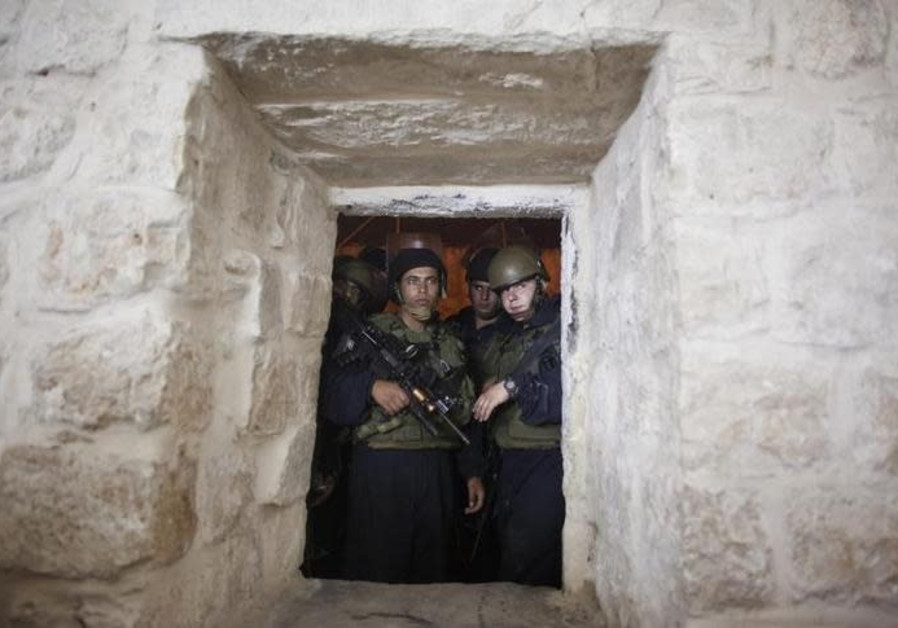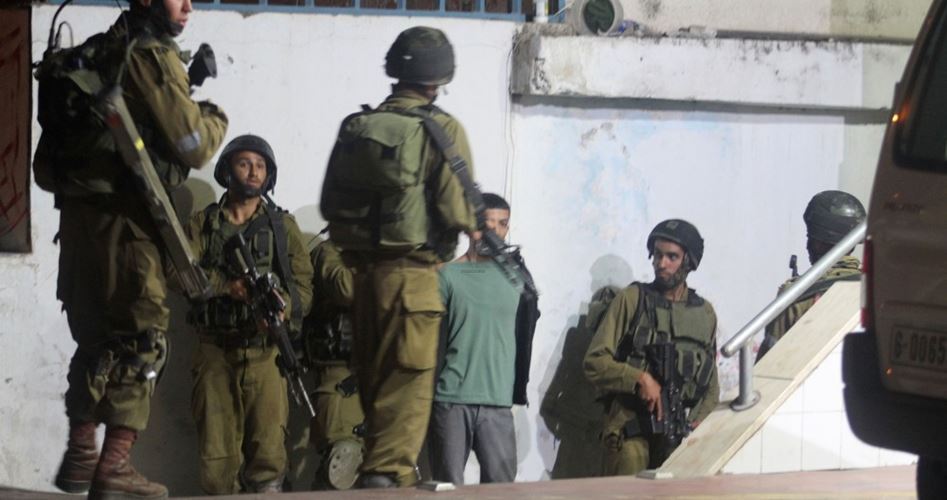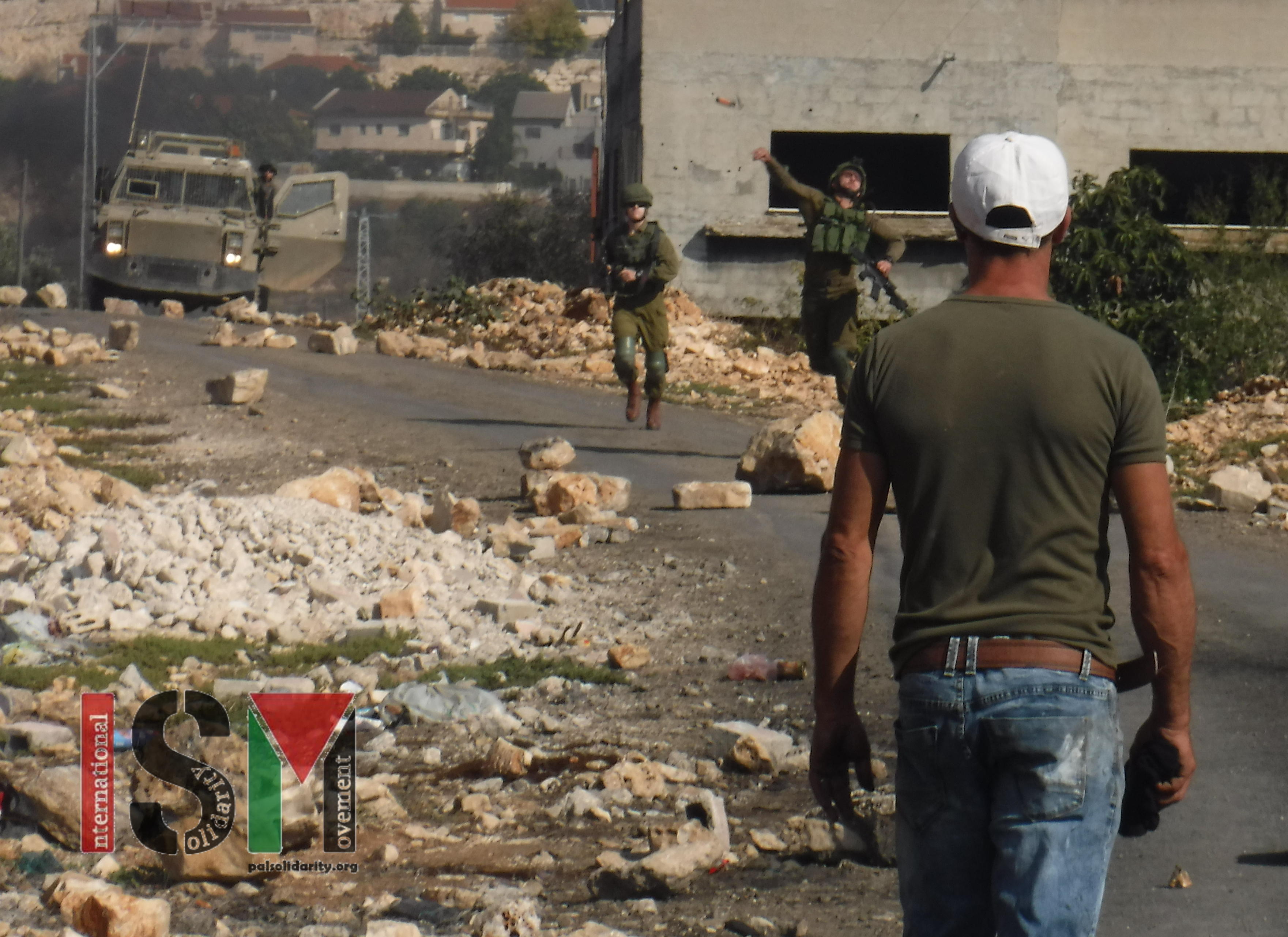Category: Press Releases
-
Upcoming Settler Tour in Nablus Set to Spark Tensions
Shavei Shomron, an illegal Israeli settlement located to the west of Nablus in the West Bank has advertised a tour of Nablus old city, Tel Balata and Joseph’s Well on the coming Tuesday evening – the 30th of January. According to the advert, the event will start with a meeting in the illegal settlement, before…
-
Young Palestinians being arrested by Israeli soldiers in Yabad
December 25th 2017 International Solidarity Movement, Nablus Team | Occupied Palestine | Yabad | North Palestine. Around Yabad there are two big Israeli settlements. In the last few weeks the repressive action by the Israeli army on Yabbad’s Palestinian people has escalated. Several Teenagers have been arrested, they were taken out from their homes on night raides. Raiding his house,…
-
Kfar Qaddum demo marking 100 years since Balfour suppressed by Israeli military
3rd November 2017 | International Solidarity Movement, Nablus team | Occupied Palestine The weekly demonstration had around 30 participants, with three of them being international women. As usual, the demonstration takes place to protest the closing of the road leading to Nablus. This measure was explained to satisfy “the need of security” for the Kedumin…



